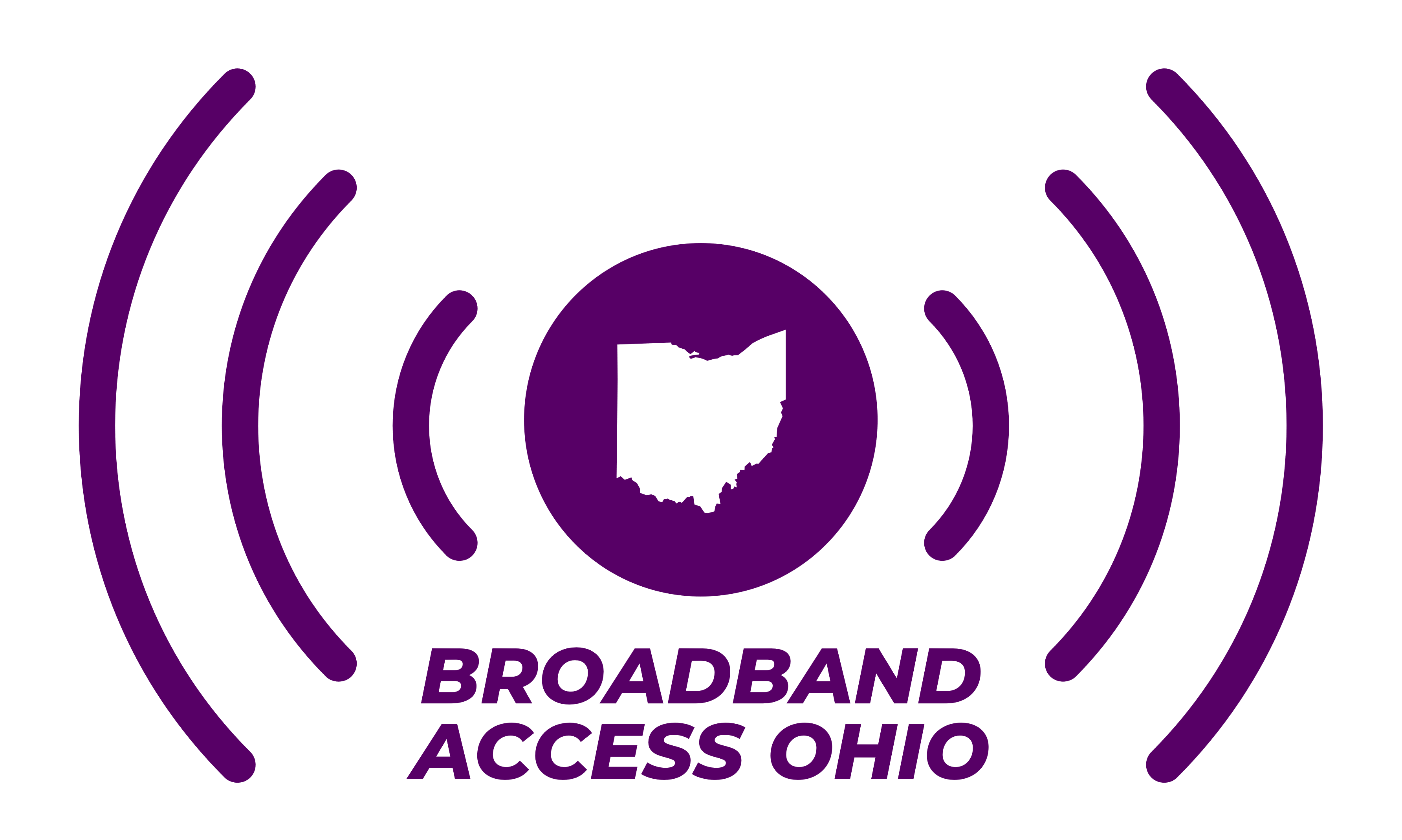Six of the 10 fastest internet service providers in the United States are either directly run by a local community or involve some form of partnership between the public and private sectors, according to a new study from PC Magazine.
The study, published last week, revealed that municipally run ISPs often outperform telecommunications companies. The only major provider with more than one million subscribers that made the top 10 was Verizon Fios. The study explored providers serving Tennessee, North Carolina, the San Francisco Bay Area, Ohio and Nebraska, and other regions, and included results of 356,925 individual speed tests completed between June of 2018 and 2019 by the magazine’s readers.
This is good news for the overall outlook of municipal internet service, which has been weakened by in recent years, said Tyler Cooper, a consumer policy expert at BroadbandNow.
“The policy environment is pretty bleak right now, but I do feel that this information will serve as fuel for the grassroots community awareness campaigns taking hold in all corners of the country, and will really begin to move the needle in the right direction over the coming months and years.”
In April, Cooper told StateScoop that the policy environment for communities trying to build or maintain a locally-owned network is significantly worse than ever before. Although large ISPs often spend hundreds of thousands of dollars to lobby against municipal networks, the real problem is political, not financial, Cooper said.
In areas that municipally run internet has not been tried, it’s not popular, Cooper said. He said he believes it’s because residents aren’t aware that they can create their own network to compete with incumbent providers. On the state level, lawmakers can — and commonly do — enact preemption laws for communities that they serve to prevent them from ever trying to build their own networks, while also preserving private investment.
“Awareness is half the battle when it comes to community broadband,” Cooper said.
There are currently more than 750 communities looking into publicly-owned broadband, according to the Institute for Local Self-Reliance. Often, the goal of municipally owned networks is to offer better service and lower prices than the large ISPs, which is one theory explaining why they find themselves ahead in speed-test rankings.
“Data like this provides a transparent look into one of the key facts about municipal broadband that the incumbent providers can’t obfuscate; many of these local ISPs provide genuinely great services, and moreover, their customers are happy with them,” Cooper said.
Click to here to view the original article: https://statescoop.com/municipal-internet-isps-pcmagazine-speed-test-study/

Recent Comments